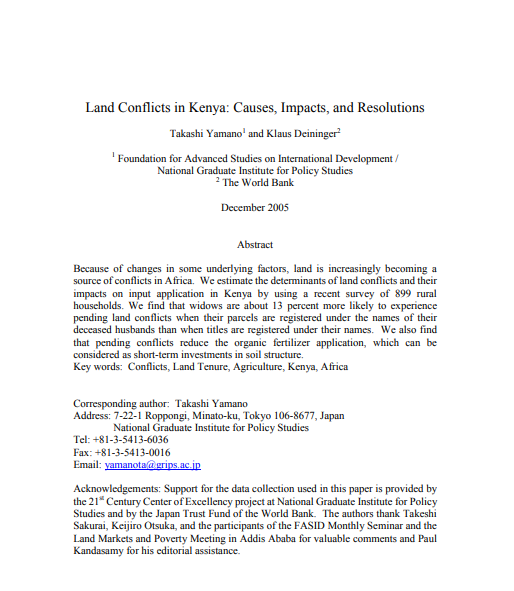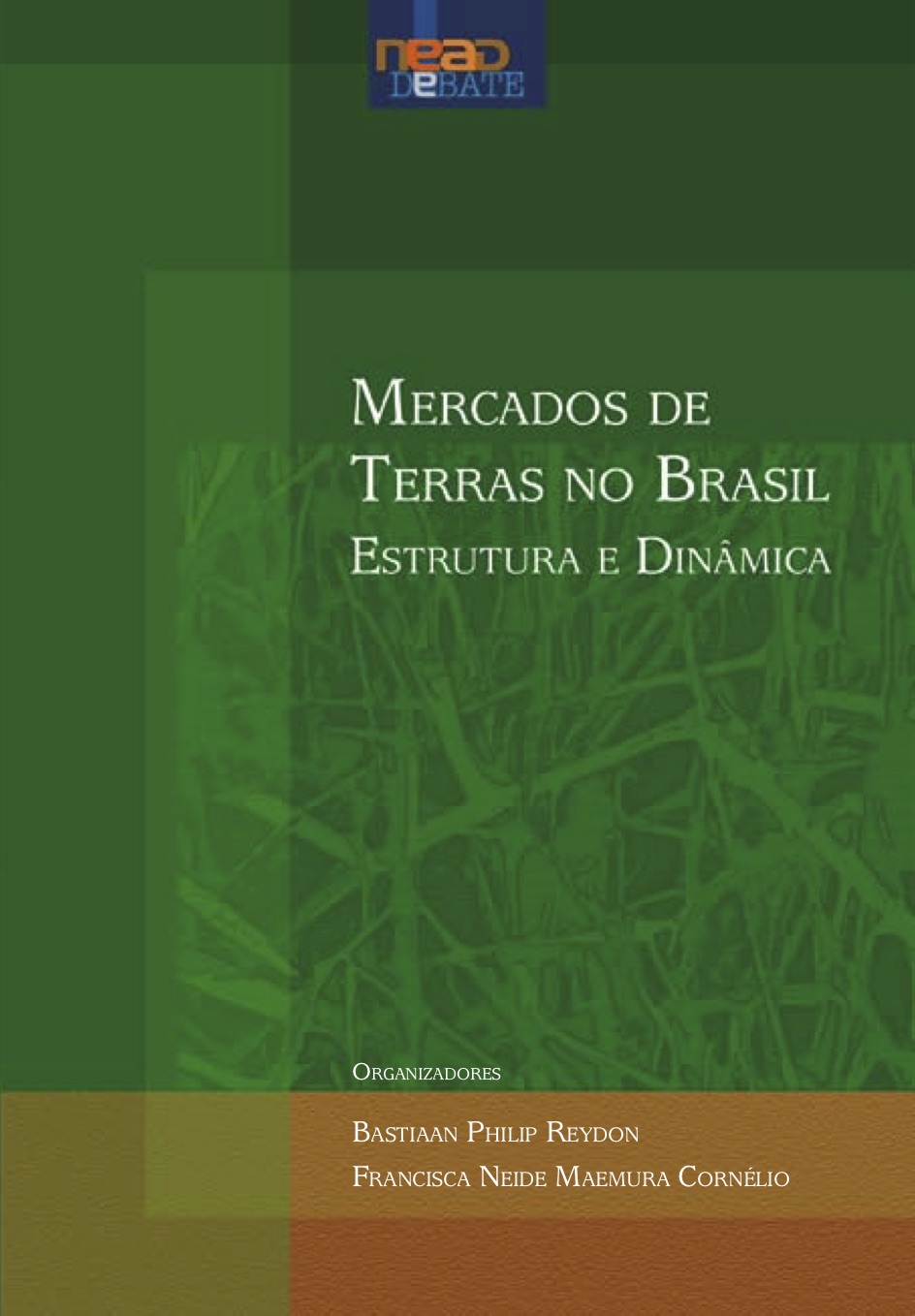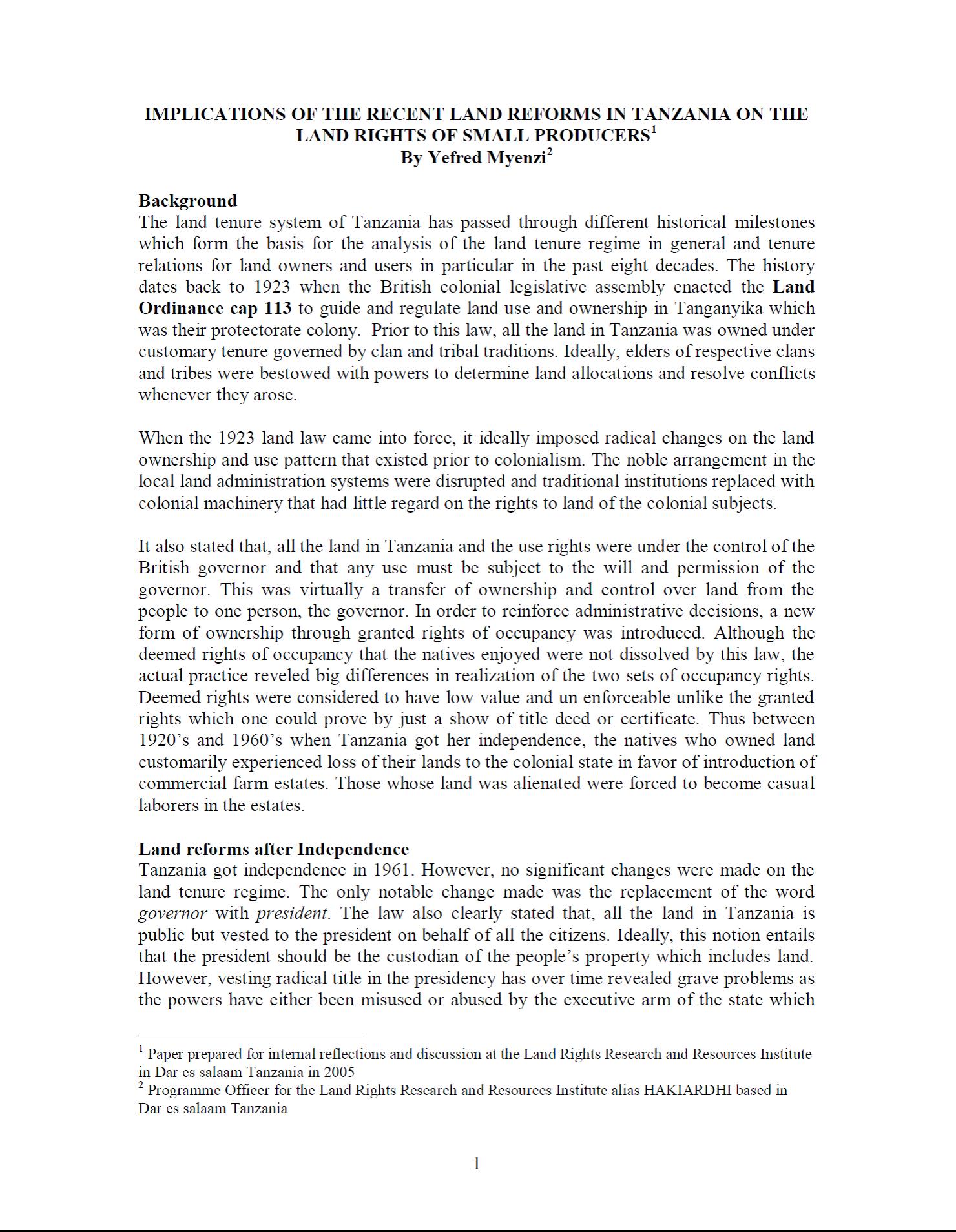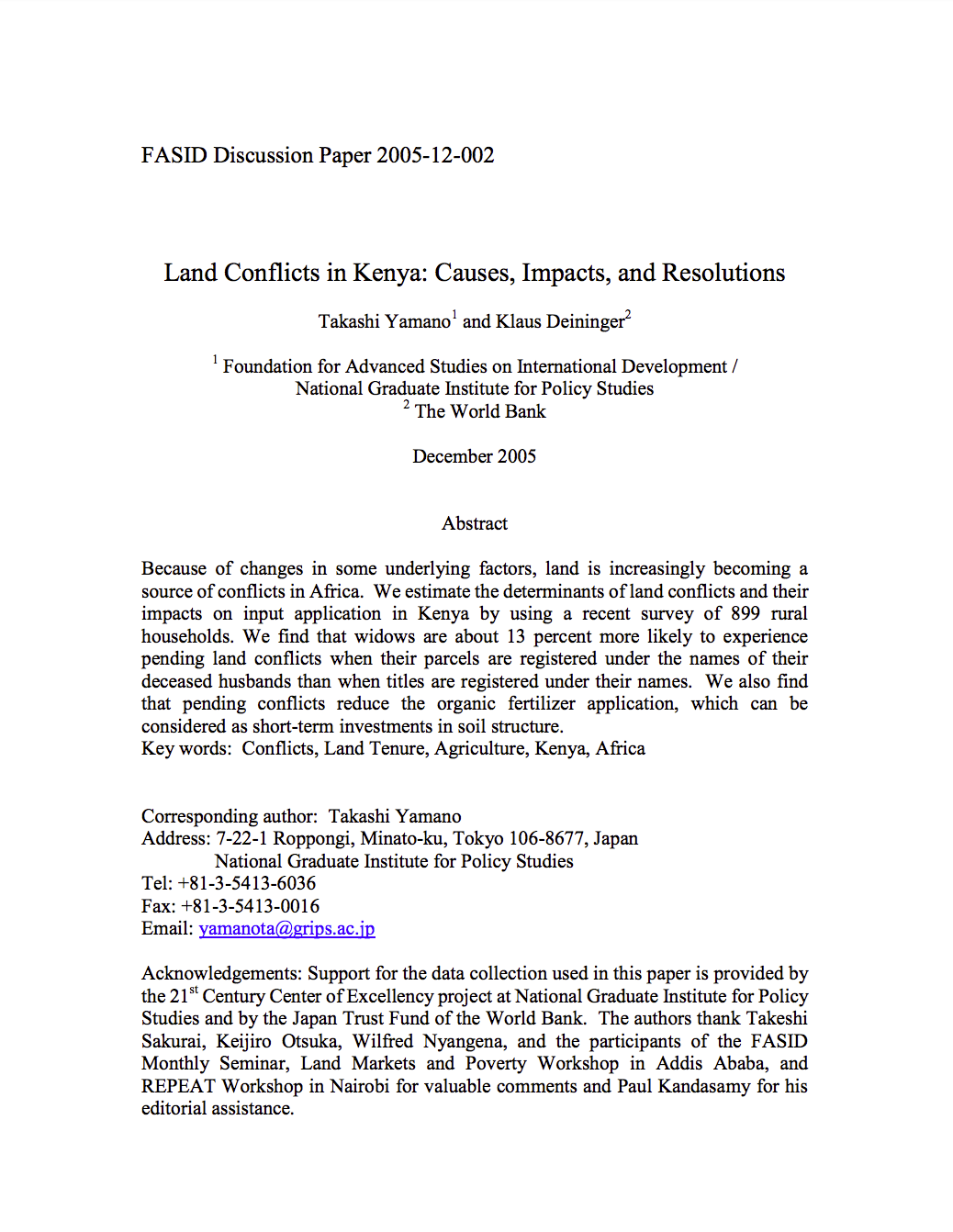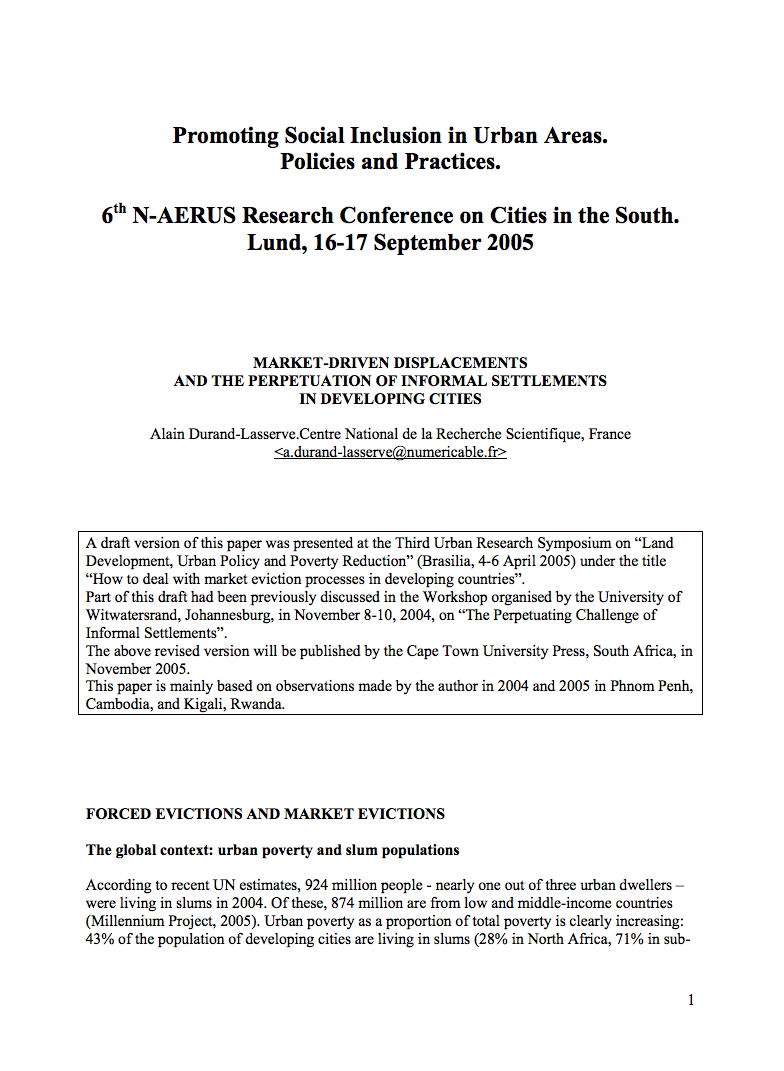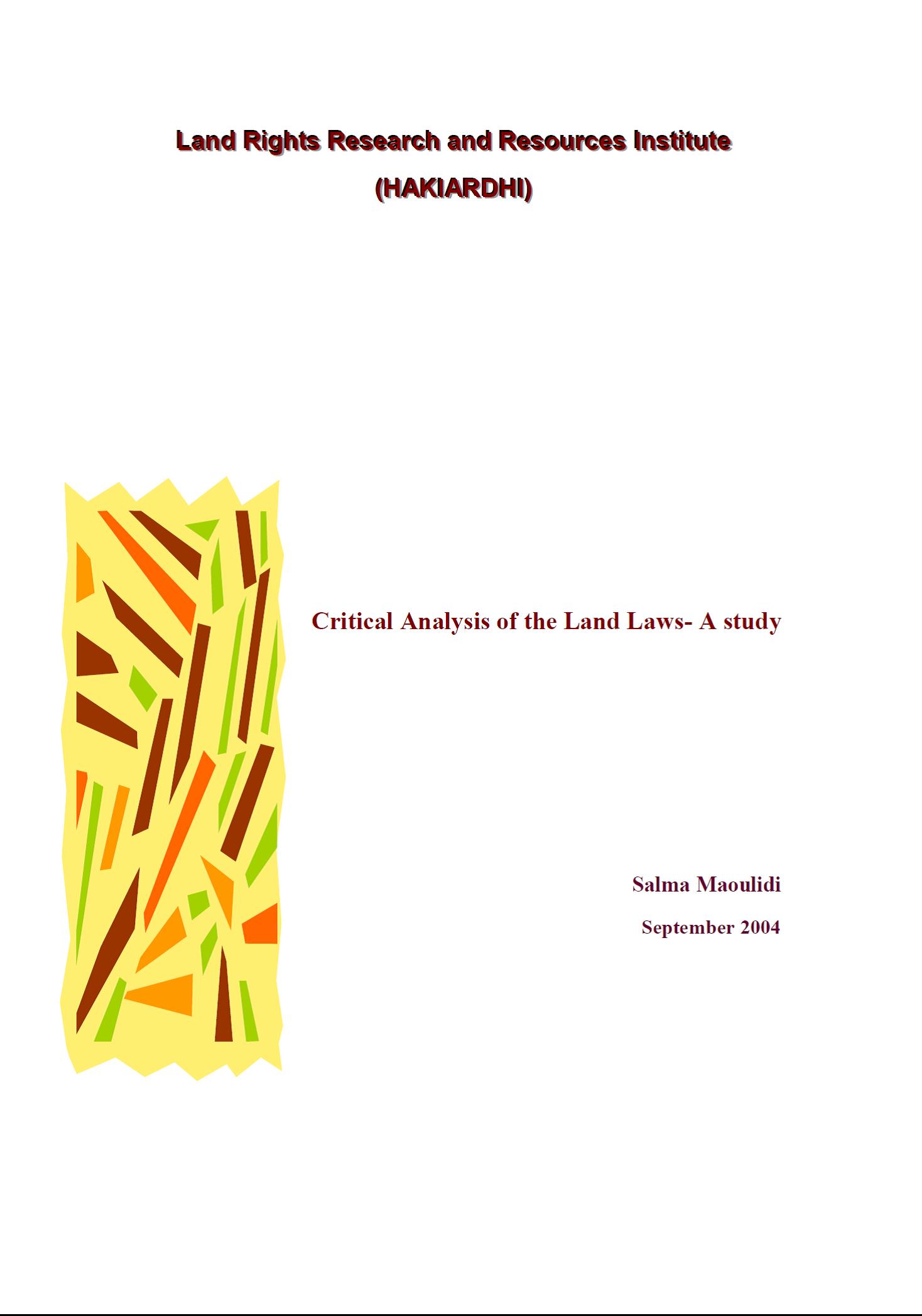Land conflicts in Kenya: causes, impacts, and resolutions
Because of changes in some underlying factors, land is increasingly becoming a source of conflicts in Africa. We estimate the determinants of land conflicts and their impacts on input application in Kenya by using a recent survey of 899 rural households. We find that widows are about 13 percent more likely to experience pending land conflicts when their parcels are registered under the names of their deceased husbands than when titles are registered under their names.

